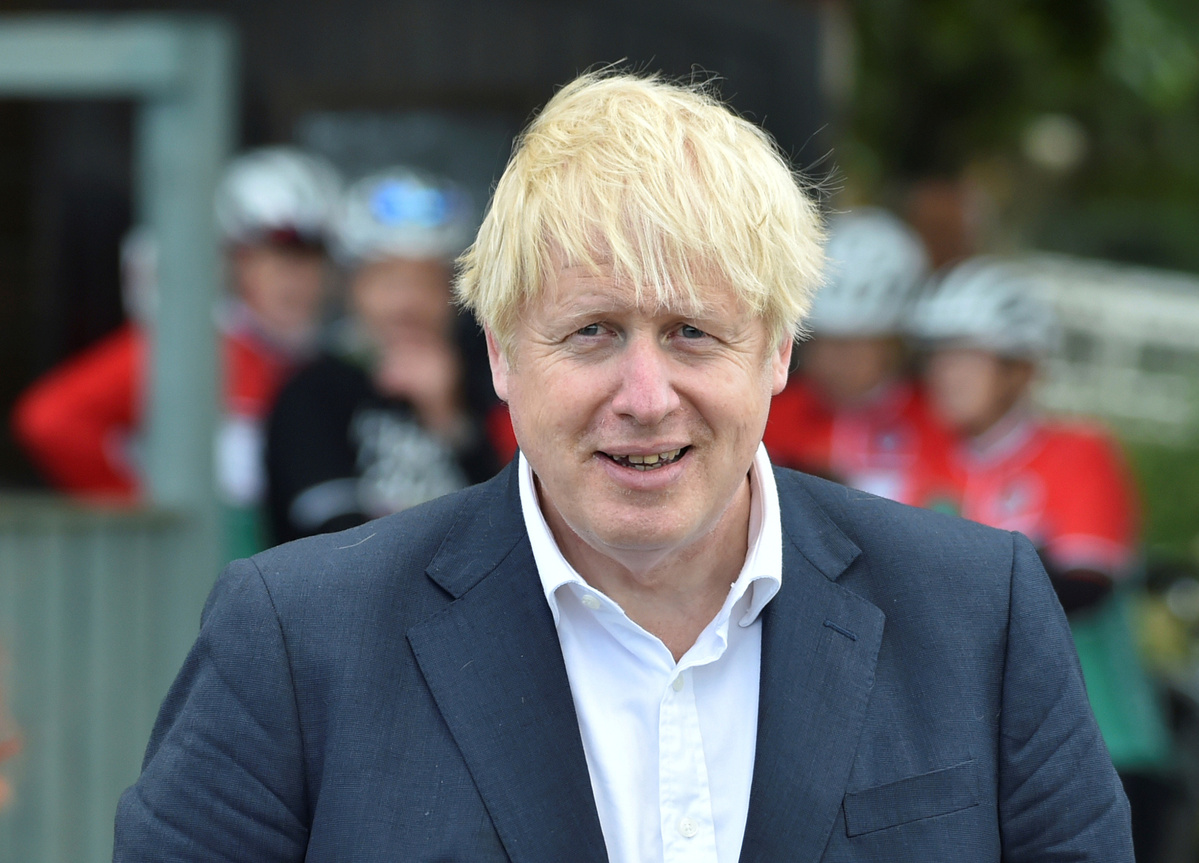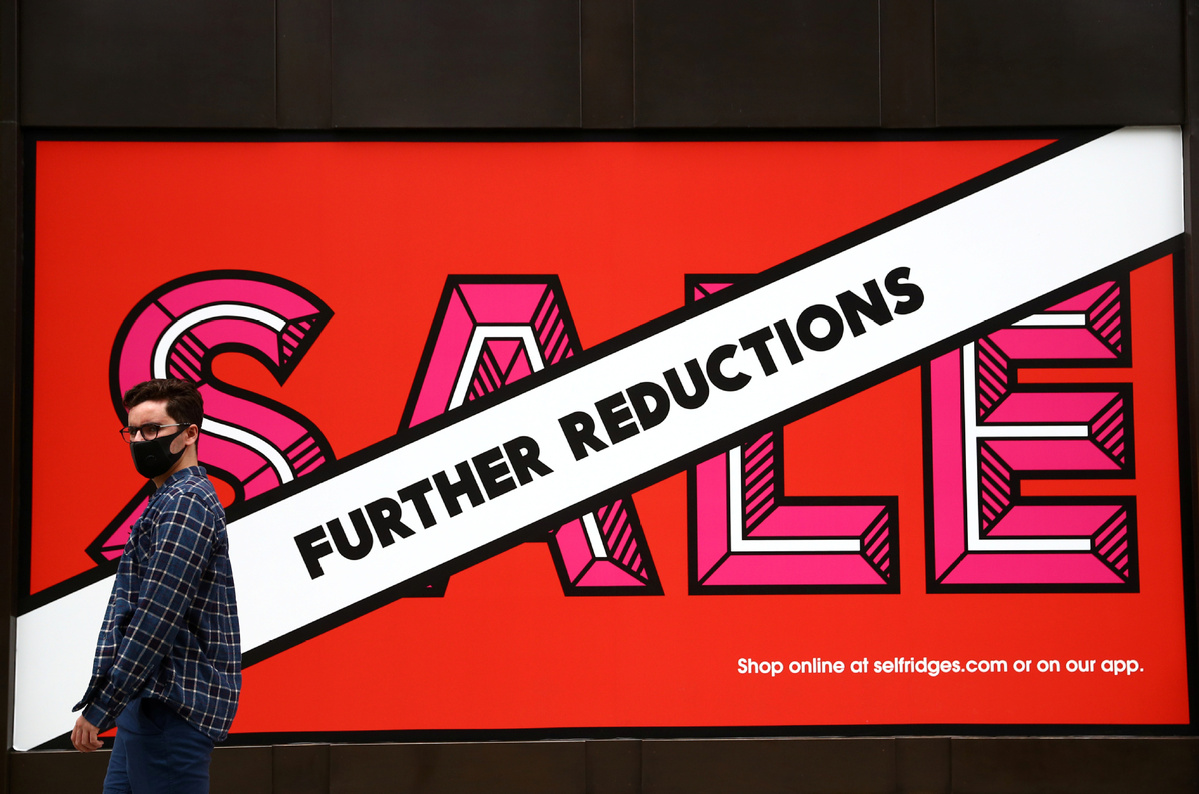UK warns of second wave

Employees urged to return to work as PM says new lockdown less likely

United Kingdom businesses cautiously emerging from the novel coronavirus lockdown that began in March were warned this week they could be back in mothballs, if there is a second wave of the virus that causes COVID-19.
Prime Minister Boris Johnson issued the cautionary observation during a conference call with managers from dozens of enterprises on Monday, ahead of an anticipated ramping up of a return to the workplace for many employees on Saturday. He repeated it to journalists on Tuesday.
But Johnson said a second wave would be less devastating than the first, and a full lockdown less likely.
One participant of the conference call told the Financial Times newspaper: "It was clear that there will be more to come this year."
Johnson's warning comes as his government prepares to change its advice to employees; from work from home if at all possible, to urging of them to return to the workplace if it can be done safely.
Downing Street wants more people in the workplace because of the boost it would give the economy, but critics warn it risks a possible second wave of infections.

Dido Harding, who heads the government's test and trace program, said during a webinar with business leaders this week that the government will aim to snuff out any second wave with localized lockdowns.
"We are currently in a position where, in the whole country, the prevalence is low and under control and we have to be obsessive when we see cases increasing and spreading locally," she said.
The specter of that feared second wave is also haunting the governments of Belgium, France, Germany, and Spain, where infections have been increasing at an alarming rate as lockdowns have eased.
Concern about the situation in Spain, where there have been 28,000 deaths and at least 272,000 infections, led Johnson's government to impose a 14-day quarantine on arrivals in the UK. Spain's prime minister, Pedro Sanchez, responded by saying the move was "inappropriate" in an interview with broadcaster Telecinco because areas that are popular with British tourists are almost infection free.
Germany's concern about novel coronavirus infections being imported by returning vacationers has prompted Berlin to make virus tests mandatory for all people entering the country from "high-risk areas".
The Daily Mail quoted German Health Minister Jens Spahn as saying: "We must prevent returning travelers from infecting others unnoticed and thus triggering new chains of infection."
Last week, Germany had 3,695 novel coronavirus cases, up sharply on the 2,770 of the week before and the highest weekly total since May.
And the fear of a second wave has prompted Belgium's prime minister to roll back that nation's exit from lockdown.
The Associated Press reports Sophie Wilmes has unveiled drastic social distancing measures that, from next Wednesday, include households limiting their contacts to a total of five people in a week.
"Our aim is clear; avoid another full lockdown," Wilmes said.
In contradiction to the UK's Johnson, Wilmes also said people must work from home if at all possible.
"If we cannot contain the coronavirus, it will be a collective failure," she said.
Belgium has had a sharp rise in infections in the past three weeks and a 30 percent increase in hospital admissions. The nation of only 11.5 million people has endured 66,000 confirmed cases and almost 10,000 deaths.
Concerns about international travel have prompted Emirates airline to become the first to offer travelers free COVID-19 insurance.
The Dubai-based carrier says payouts will cover medical treatment, hotel quarantines, and even the cost of funerals in an attempt to encourage more travel.
A new report from University College London found London bus drivers were 3.5 times more likely to die from COVID-19 than an average person between March and May.
The Evening Standard newspaper said Transport for London commissioned the review after 29 London bus drivers died from the disease.
































